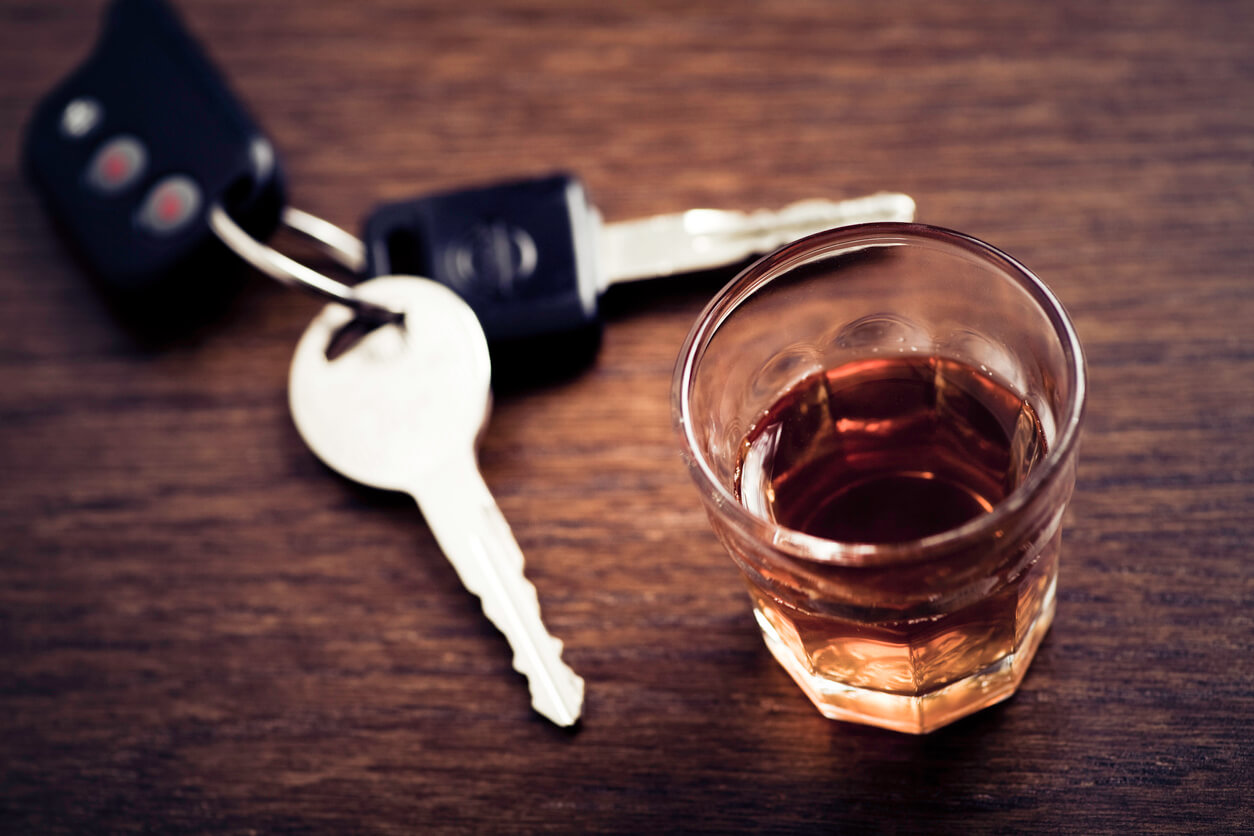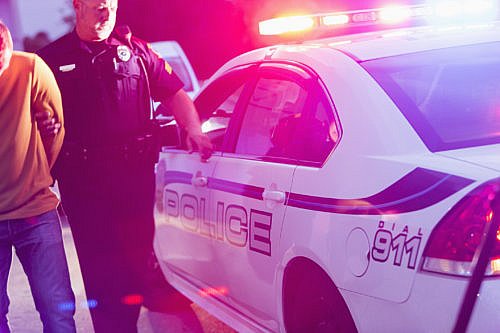New York does not tolerate driving under the influence of alcohol or drugs. The penalties are harsh and the repercussions can follow you for a long, long time. This is especially true if your DWI is subject to Leandra’s law.
An Understanding of Leandra’s Law
Far too many New Yorkers have been arrested and charged with violating Leandra’s Law. One of the harshest DWI provisions in the U.S., Leandra’s Law is named after Leandra Rosado. Leandra Rosado was eleven years old when she was killed in a car crash. The driver of her car had been drinking several hours before the crash and lost control of the vehicle as it traveled along the Hudson Parkway. Leandra’s Law became effective on December 18, 2009.
Here are some of the key provisions of Leandra’s law:
- All drivers convicted of a DWI or aggravated DWI must be ordered by the court to install and maintain an ignition interlock device on any vehicle they own or operate for a minimum of 6 months.
- First-time DWI offenders that had a child less than 16 years of age in the vehicle may be charged with a Class E felony with a potential penalty of up to four years in State prison.
- A driver who operated their vehicle while impaired by drugs or alcohol and caused the death of a child in the vehicle who was under 16 years of age can be charged with a Class B felony. This is punishable by up to 25 years of incarceration in a state prison.
- A driver who operated their vehicle while impaired by drugs or alcohol and caused serious physical injury to a child in the vehicle who was under 16 years of age can be charged with a Class C felony. This is punishable by up to 15 years in State prison.
- If a parent or guardian is charged with driving while intoxicated or impaired by alcohol or drugs while their child is a passenger in the vehicle, law enforcement must report it to the Statewide Central Register of Child Abuse and Maltreatment.
As you can see, New York has severe repercussions in place for those convicted of a DWI. This is particularly true when a minor was involved. The fact is that prosecutors will go after alleged offenders with the full resources of the state and will be looking to set an example of a person facing such charges and send a message to others who may even consider drinking and driving or driving while under the influence of drugs.
Criminal Defense Attorneys
If you are facing a New York DWI charge, now is the time to retain dedicated legal defense counsel. Do not delay in reaching out to the tenacious attorneys at CDH Law. We will begin to mount the most rigorous defense possible against all charges you face. Facing criminal charges is a fight for a defendant’s life. Get legal representation you can count on. Contact us today.



